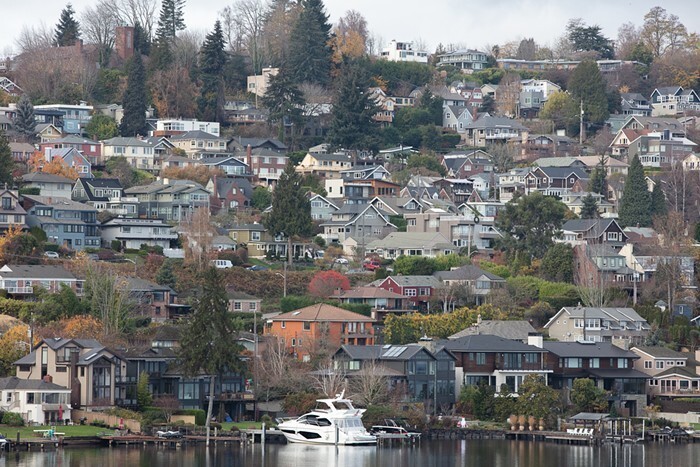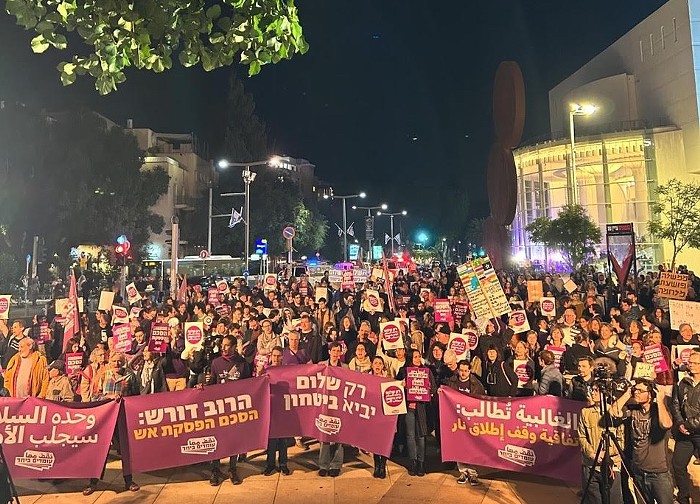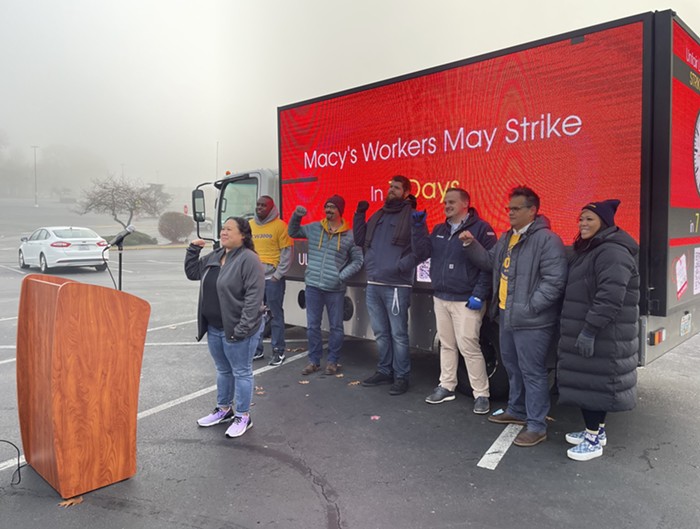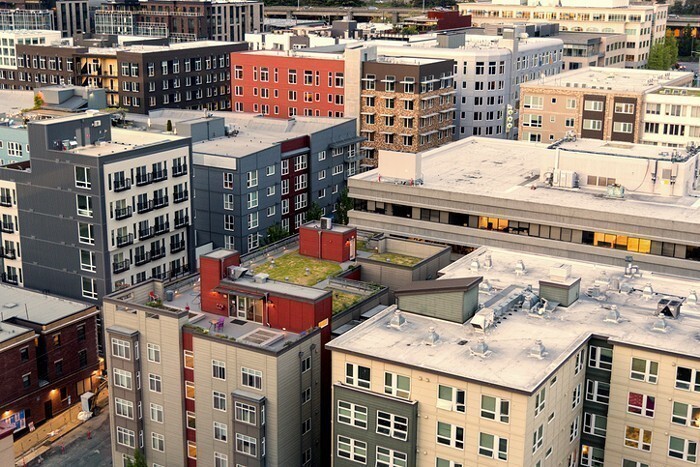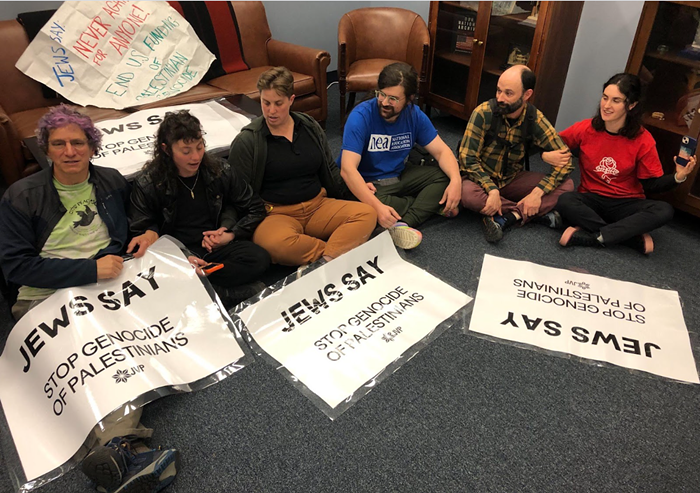This month, Americans will decide the future of our politics in the November 8 midterms. But another important deadline lands that day, too: the day the Seattle Redistricting Commission submits its newly redrawn map of the city’s seven voting districts, a decision that will shape Seattle politics for the next decade.
This is the first-ever opportunity for Seattleites to create an equitable and community-informed electoral system for people of color, renters, low-income people, youth, and other marginalized groups in Seattle.
In 2013, Seattleites passed a ballot measure to establish seven council districts, creating an opportunity for a majority-BIPOC district where communities of color could elect a candidate of their choice. However, when it came time to draw those seven districts, Faye Garneau’s group, which pushed the measure, drew the boundaries behind closed doors. Garneau basically claimed she didn't see race, and so, inevitably, she oversaw the drawing of districts that split Yesler Terrace, Fremont, and other marginalized communities.
This year presents the public with its first opportunity to engage in the drawing of their own districts to create a fairer democracy in Seattle. That’s why, when the Redistricting Justice for Seattle Coalition (RJS) was formed, we constructed a map proposal in the opposite way the original creators did.
For several months, our coalition—representing youth, BIPOC, and dozens of neighborhoods across Seattle—discussed over 100 map proposals and corresponding data analyses of geographic boundaries, renter, income, race, ethnicity, gentrification, and age populations. We organized events for education and input on our map proposals. We drew up a map that kept communities together, uplifted marginalized voices, and complied with redistricting law. We carried the voices of both Seattleites who’ve historically been heard and, crucially, those who have not.
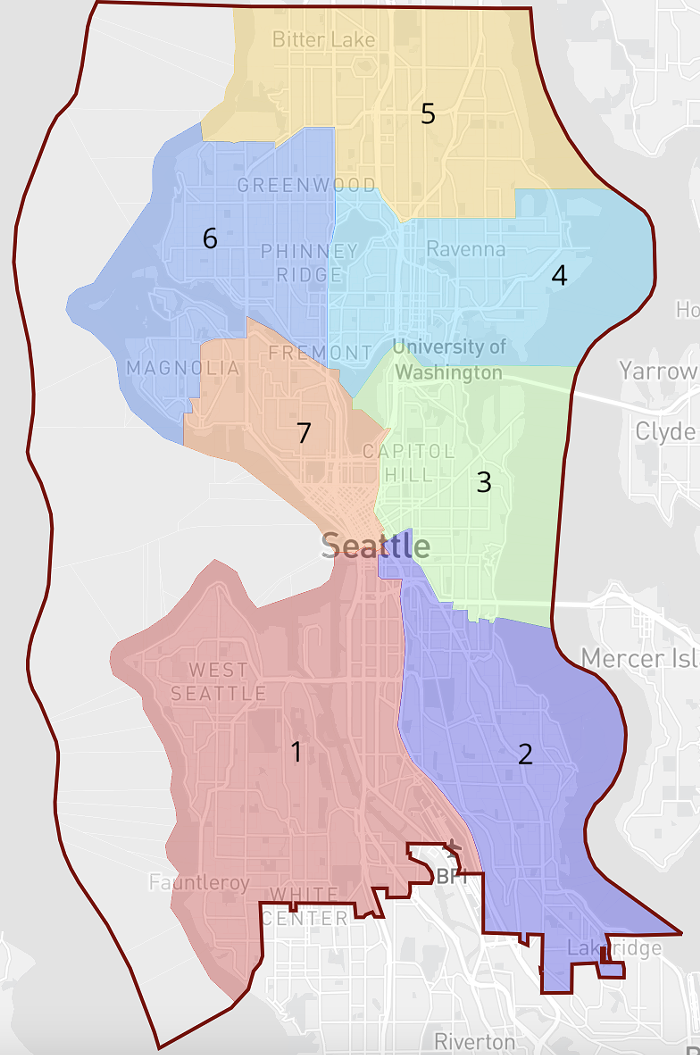
Our coalition also lobbied for transparency and public input from the Redistricting Commission. Last year’s statewide redistricting shitshow showed that just because a Commission exists to “listen to the public” for redistricting doesn’t mean that they will—much less follow the law.
Fortunately, the five-member Seattle Redistricting Commissioners agreed that their process needed to be transparent, legal, accountable to the public, equitable, and community-informed—at least that’s what they’ve said.
To their credit, the commissioners have kept their word throughout most of the process. They’ve listened to Asian-Pacific-Islander communities to keep Beacon Hill intact. They’ve reunited Yesler Terrace into one district. They’ve kept youth and renter populations in the U-District and Downtown together. And they did all that with consistent transparency and public comment opportunities.
But recently, some commissioners have backtracked under pressure from Magnolia. Commissioners voted to dice renter-heavy Fremont into three districts just to keep Magnolia within one, and in doing so they broke City Charter guidelines to “follow recognized waterways… to the extent practical” in the process. New amendments from Commissioners Rory O’Sullivan and Neelima Shah have continued to prioritize Magnolia business and neighborhood groups over Charter law, RJS, the Fremont Community Council, and the majority of public testimony.
While we sympathize with the goal to keep neighborhoods together, keeping Magnolia whole comes at the expense of splitting apart either Fremont or renter-heavy parts of North Queen Anne. The goal is to split the fewest number of Seattleites, not to split the fewest number of Magnolians, and a data analysis shows the RJS map achieves that goal better than the Commission’s map.
Renters don’t have the same explicit history of redlining, and they aren’t commonly discussed in redistricting like people of color are. However, renters and multifamily zoning are deeply entrenched in the history of redlining. In a majority-renter city—where renters are grossly underrepresented and disproportionally impacted by inequities—our coalition named renters as a community of interest. That’s why we’re fighting to ensure renter communities aren’t gerrymandered apart—including Fremont.
If the Commission is true to its publicized commitment for a public-led, equitable process, the Commission will listen to the over three-quarters of the 31 testifiers from across Seattle at the last public hearing who urged the Commission to adopt the RJS map. The RJS map splits fewer people from their neighborhood’s primary district, fully complies with the law, protects underserved communities, and is the single most popular map proposal across the entire city.
Commissioner Eliseo Juárez has responded to the mass public comment in support of the RJS map and officially moved to put it to a vote on October 18, 2022.
We ask the Commission to pass Commissioner Juárez’s amendment to fulfill the Commission’s stated goals of passing the most legally compliant map with the broadest public support. This is the first time the public can shape our own democracy. Don’t take that opportunity away by passing a map only supported by one white, wealthy neighborhood. Such a decision would negate what Seattleites voted for in 2013.
We ask you, readers in Seattle, to urge the Commission to pass the RJS map by joining the nearly 200 Seattleites who signed our map support pledge form, by testifying on October 18, and by submitting a written comment.
Andrew Hong is the statewide coordinator of Redistricting Justice for Washington, a coalition of 25+ organizations across Washington fighting for fair districts for underrepresented communities. He is a lifelong resident of South Seattle.
Jazmine Smith is the political manger at the Washington Bus, a statewide movement building organization that increases political access and participation for young people across Washington State and develops the next generation of young leaders. We prioritize the leadership of young people from historically disenfranchised communities: Black, Indigenous, youth of color, women and gender non-conforming, LGBTQIA+, working class, immigrants, and first-generation college students.
Nirae Petty is the advocacy program manager at the Urban League of Metropolitan Seattle, a nonprofit organization that provides direct services and advocacy for Black and other underserved communities in the Greater Seattle area.
